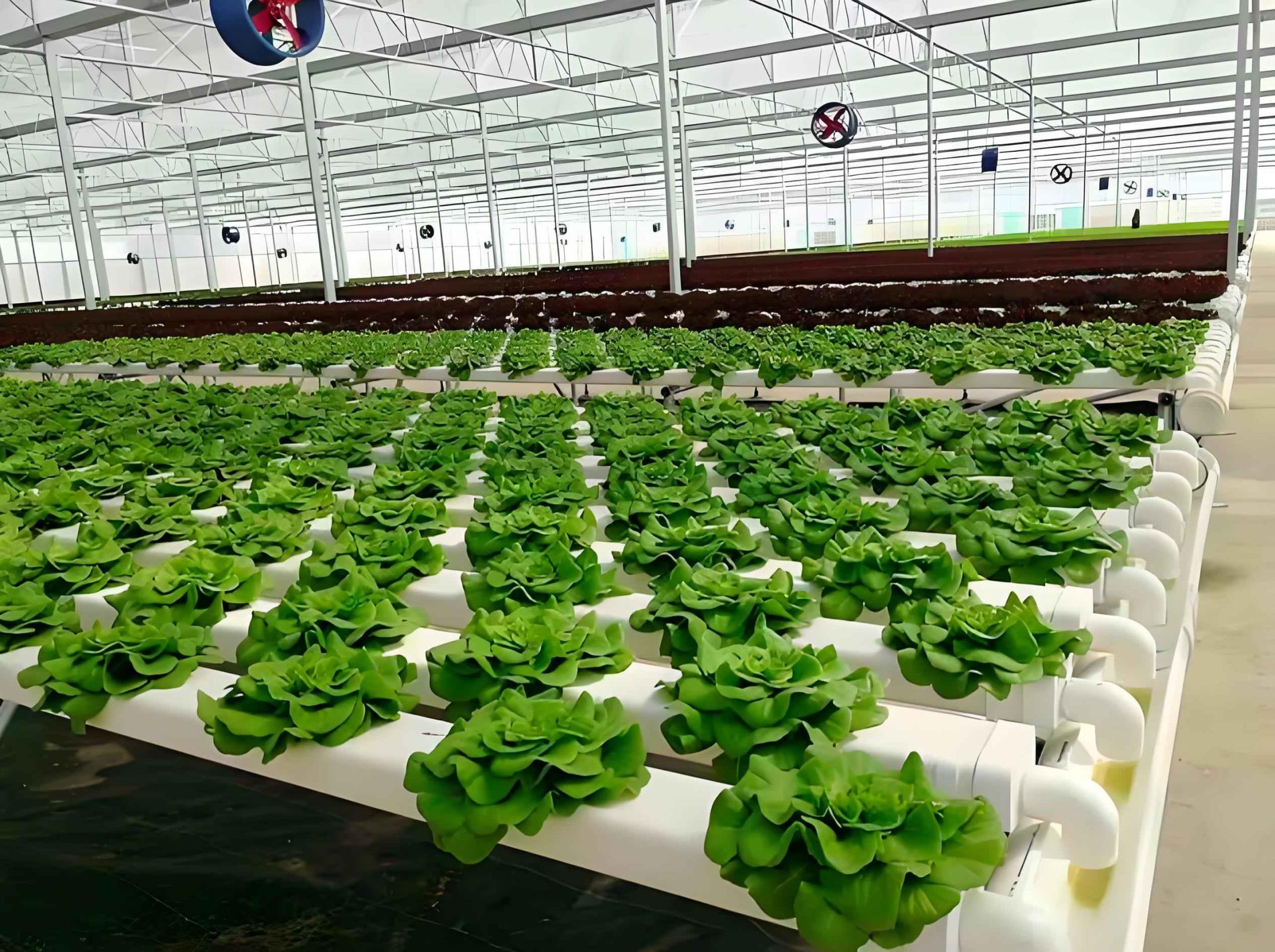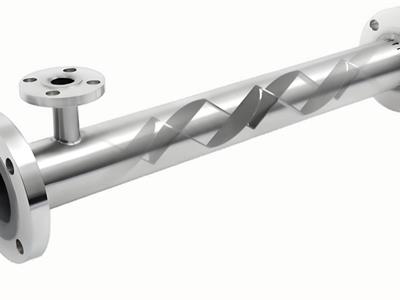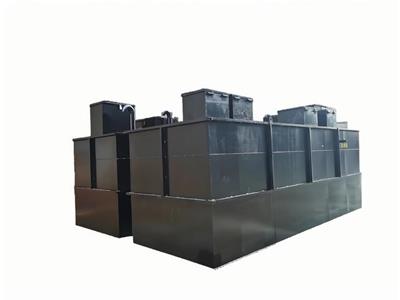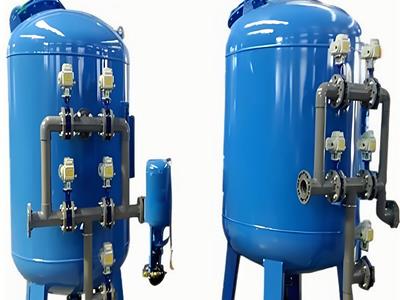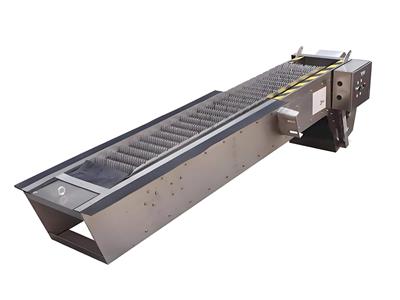- 2025-07-22
Hydroponics Water Treatment
Core role of reverse osmosis
Reverse osmosis (RO) technology drives water flow through semipermeable membranes through high pressure, achieving a dissolved solids (TDS) removal rate of >95%, providing an ideal water source for hydroponic systems. Typical four-stage purification process:
Pretreatment: intercept ≥5μm suspended particles to protect the back-end membrane components
Activated carbon adsorption: efficient removal of chlorine/chloramine (residual amount <0.1ppm)
Softening and scale inhibition: ion exchange resin controls hardness <1GPG
Membrane fine filtration: 0.0001μm pore size intercepts bacteria/viruses/heavy metal ions
Key verification of water quality
The osmotic pressure of plant nutrient solution is positively correlated with the TDS of the water body. When TDS>150ppm:
Nutrient absorption efficiency decreases by 40%
Root oxygen transmission rate decreases by 30%
Induce mineral crystal deposition (such as calcium salt blocking the conduit)
RO produced water (TDS 5-20ppm) can accurately control the EC value in the optimal range of 1.2-2.0mS/cm.
Water source adaptation plan
Municipal tap water needs to be pre-treated:
Residual chlorine control: aeration for 24 hours or catalytic carbon filtration (free chlorine ≤ 0.01ppm)
TDS control: RO produced water and raw water are mixed according to the crop demand ratio (recommended 1:1 to 1:3)
Microbial inhibition: UV sterilization device (dose ≥ 30mJ/cm²)
System selection suggestions
Leafy vegetable cultivation: three-stage RO system (daily water production 1-5 tons)
Berry cultivation: customized system equipped with online pH/EC monitoring
Scaled production: industrial RO unit with integrated automatic dosing module
Technical advantages quantification
Pollutant removal
Nitrate/sulfate reduction> 90%
Pesticide/herbicide residues < 0.01ppb
Sodium ion concentration is controlled below 10ppm
Operational benefits
Nutrient solution cost reduced by 35% (reduced neutralizer dosage)
Membrane life extended to 3-5 years (through scale prevention pretreatment)
Crop growth cycle shortened by 15% (stabilizing the water environment to promote metabolism)

